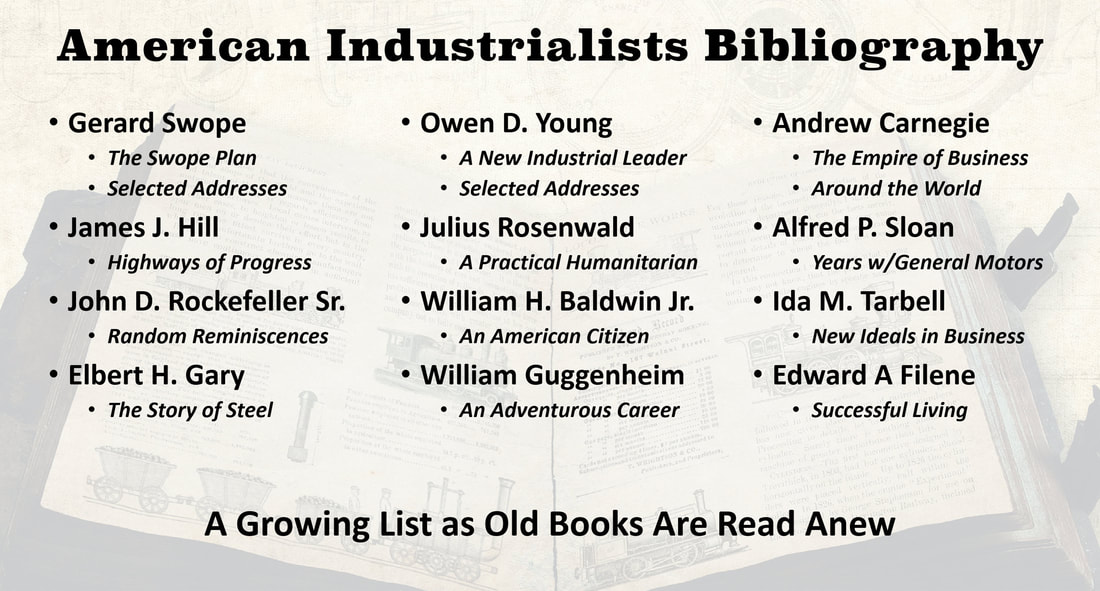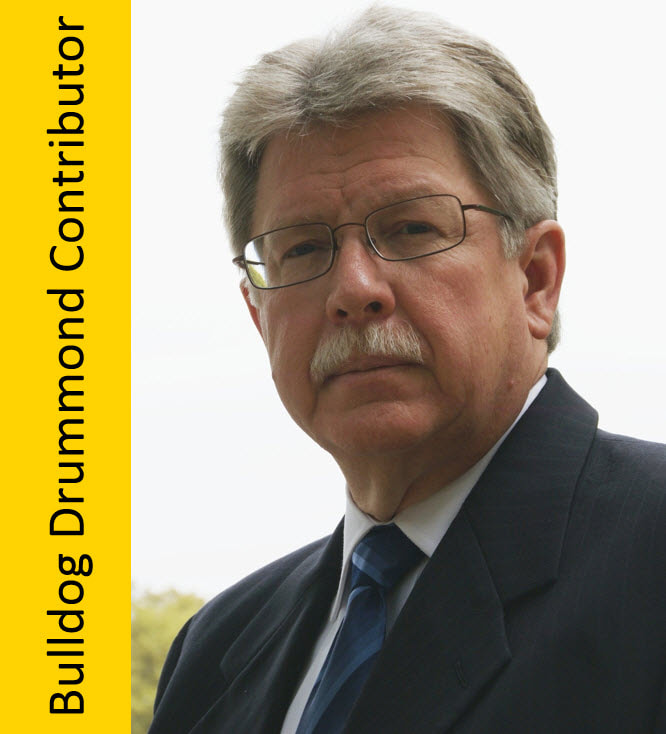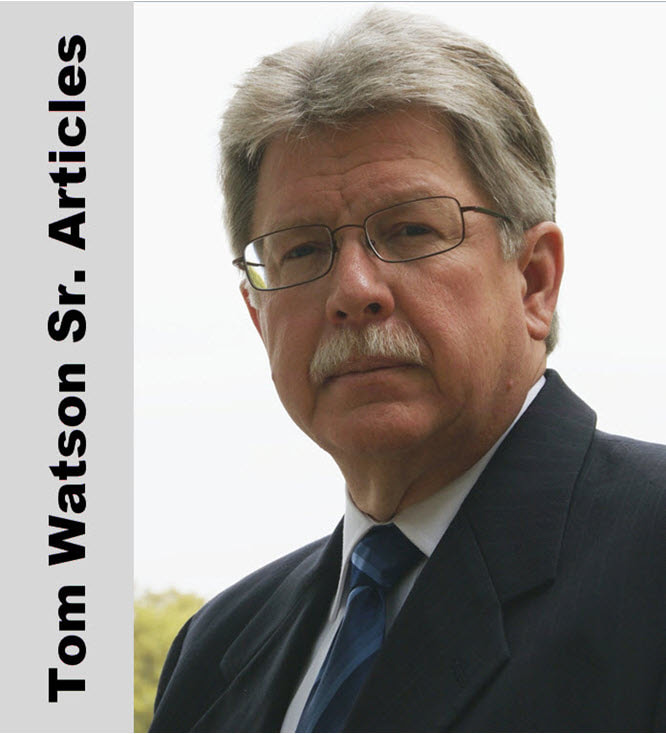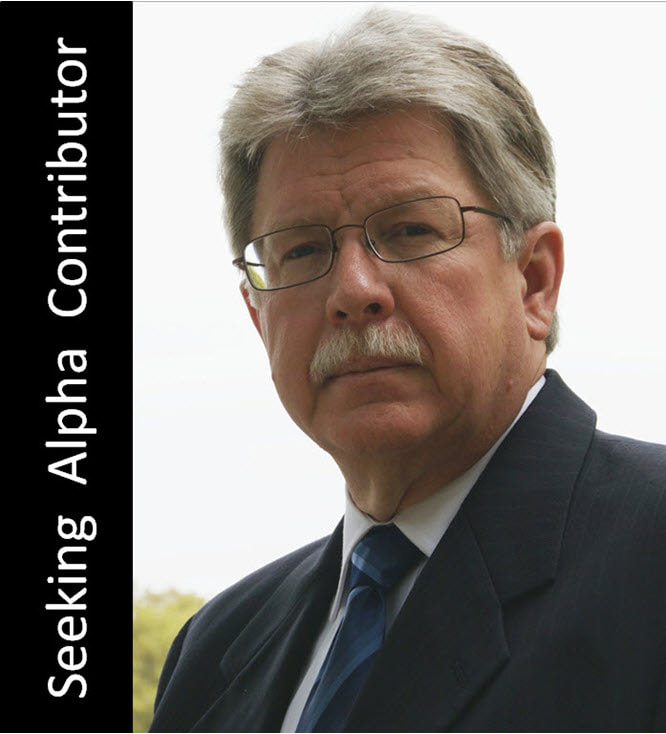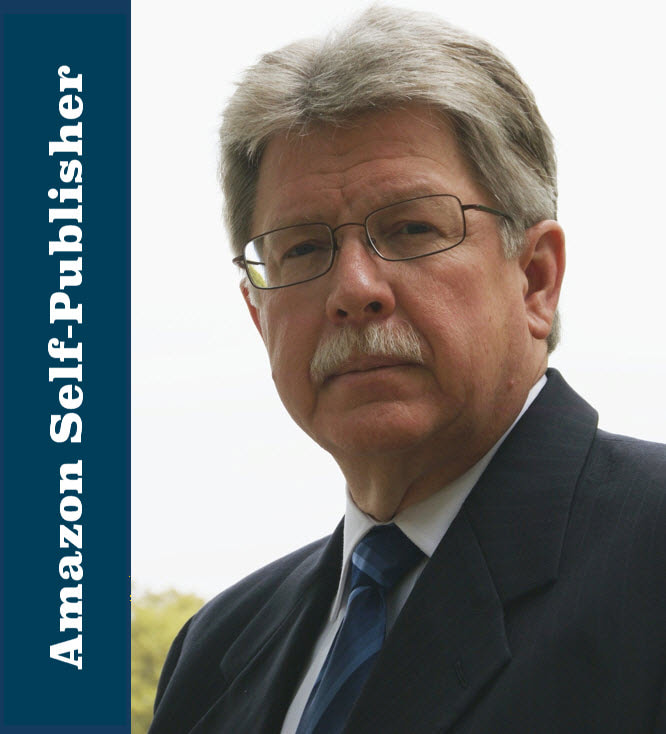It is the water flowing around the stones that gives the stream its beauty. If we flow around the obstacles in our lives, they can be beautiful too.
Peter E. Greulich: Author, Public Speaker, and Self-Publisher
|
|
Date Published: June 1, 2021
Date Modified: February 14, 2024 |
A retiree once commented, "Retirement isn't when you stop working, but when you start working at something you have truly wanted to do your whole life."
|
In Pete's case, he was right. Peter E. Greulich retired from IBM in 2011 after thirty years. During that time he served IBM's customers as an administrator, a first-line manager, systems engineer, salesman, worldwide sales evangelist, worldwide sales instructor, and worldwide brand, product, and market managers.
He’s spoken before and interviewed thousands of IBMers worldwide—from the United States to China, from Canada to Argentina, from the United Kingdom to the UAE, and from Australia and Malaysia to India and Scandinavia.
|
Pete has served IBM customers in more roles than most company executives.
|
The themes in his four books (the fourth was published February 14, 2024) and his on-going research reflect these discussions, his own personal and corporate experiences, voracious reading of the works, biographies and autobiographies of early American journalists, industrialists, capitalists, and politicians, and a multi-decade research project to understand Tom Watson Sr.’s leadership—the guiding force, that in the face of nine recessions, the Great Depression, three major wars, and four of the six steepest declines in U.S. stock market history, created one of the 20th Century’s greatest corporations: International Business Machines Corporation (IBM).
Pete's Career at IBM
Pete achieved a wide variety of perspectives over his time at IBM. He will be forever grateful for the Watsons' elegant corporate design that kept IBM a challenging, cooperative and inspiring environment. He started in the ’80s in administration, became an assistant to his team as a first-line administration manager, and then moved in and out of worldwide sales and technical roles for the balance of his IBM career.
His job responsibilities—in chronological order, included:
His job responsibilities—in chronological order, included:
|
|
Pete's Research and Writing Styles
Since retiring in 2011, Pete has spent the last decade studying one company and its leadership: IBM.
In his research, he refers to two types of research that when combined properly defines a holistic "T" Research. The top bar of the "T" (the "—") is what most college professors and economists perform: comparing numerous companies at a superficial level searching for distinguishing or common denominators. There is also another form of research that can only be done by those with enthusiasm, time and experience within a particular company: "I" research. This research focuses on culture, leadership, and the employees' passion, enthusiasm and engagement over time. It is about drilling down into the specifics of an organization to understand what makes it tick—which is more than a spreadsheet or cross-company comparative analysis.
"T Research" is not a disparagement of university scholarship with its unique focus. Jim Collins based his series of books on this type of research: cross-corporation comparisons looking for commonalities. "T" Research, though, combines the depth and breadth of knowledge of both subject matter experts. No one has researched IBM's history of successes and failures to the degree that Pete has over his thirty-year career combined with the last decade digging into its financials, culture, and leadership. He believes he is just now reaching that point where his scholarly research can begin to draw the "I" beneath the substantial body of work of others.
In his research, he refers to two types of research that when combined properly defines a holistic "T" Research. The top bar of the "T" (the "—") is what most college professors and economists perform: comparing numerous companies at a superficial level searching for distinguishing or common denominators. There is also another form of research that can only be done by those with enthusiasm, time and experience within a particular company: "I" research. This research focuses on culture, leadership, and the employees' passion, enthusiasm and engagement over time. It is about drilling down into the specifics of an organization to understand what makes it tick—which is more than a spreadsheet or cross-company comparative analysis.
"T Research" is not a disparagement of university scholarship with its unique focus. Jim Collins based his series of books on this type of research: cross-corporation comparisons looking for commonalities. "T" Research, though, combines the depth and breadth of knowledge of both subject matter experts. No one has researched IBM's history of successes and failures to the degree that Pete has over his thirty-year career combined with the last decade digging into its financials, culture, and leadership. He believes he is just now reaching that point where his scholarly research can begin to draw the "I" beneath the substantial body of work of others.
Maybe this will lead to another round of university professors questioning previously held beliefs on what makes a corporation prosperous, productive, and proud. Maybe it will even lead to new thinking - new discussions - on what makes a capitalistic system successful and lead to a more in-depth analysis of the long-term actions of those leaders that eventually cause a corporation to succeed or fail.
|
Pete acknowledges that the more he comes to understand IBM, he knows the corporation and its leadership did not stand alone.
There were great leaders who stood shoulder-to-shoulder with Watson Sr. during the Great Depression and World War II. It was the research into IBM and Watson Sr., though, which opened up these new insights, not only into IBM but into early American industrialists in general like: Edward A. Filene, William H. Baldwin, George Eastman, Henry Ford, Harvey S. Firestone, Alfred P. Sloan Jr., Gerard Swope, Owen D. Young, George M. Verity, Elbert H. Gary, Julius Rosenwald and others. |
Read reviews of some great industrialists
|
He refers to this, though, as making the " I " of the " T " wider and bolder rather than working to put a thicker top on it.
Recommendations
“I have had the pleasure of working with Pete for several years and in that time I have been in awe of the inspiring way he has been able to interpret customer's compelling business issues and describe how our solutions provided exactly what they needed. He is masterful at taking complex issues, breaking them down into manageable components and articulating the value of the solutions he provides in the customer's terms. He is one of the most persuasive and energetic speakers I have ever seen and his messaging always resonates well with his audience. Whenever I hosted sales enablement events, I tapped Pete to come in and impart his wisdom on the collective team."
Reference from former colleague posted on LinkedIn
SELECT AN INDIVIDUAL IMAGE TO BE ROUTED APPROPRIATELY

